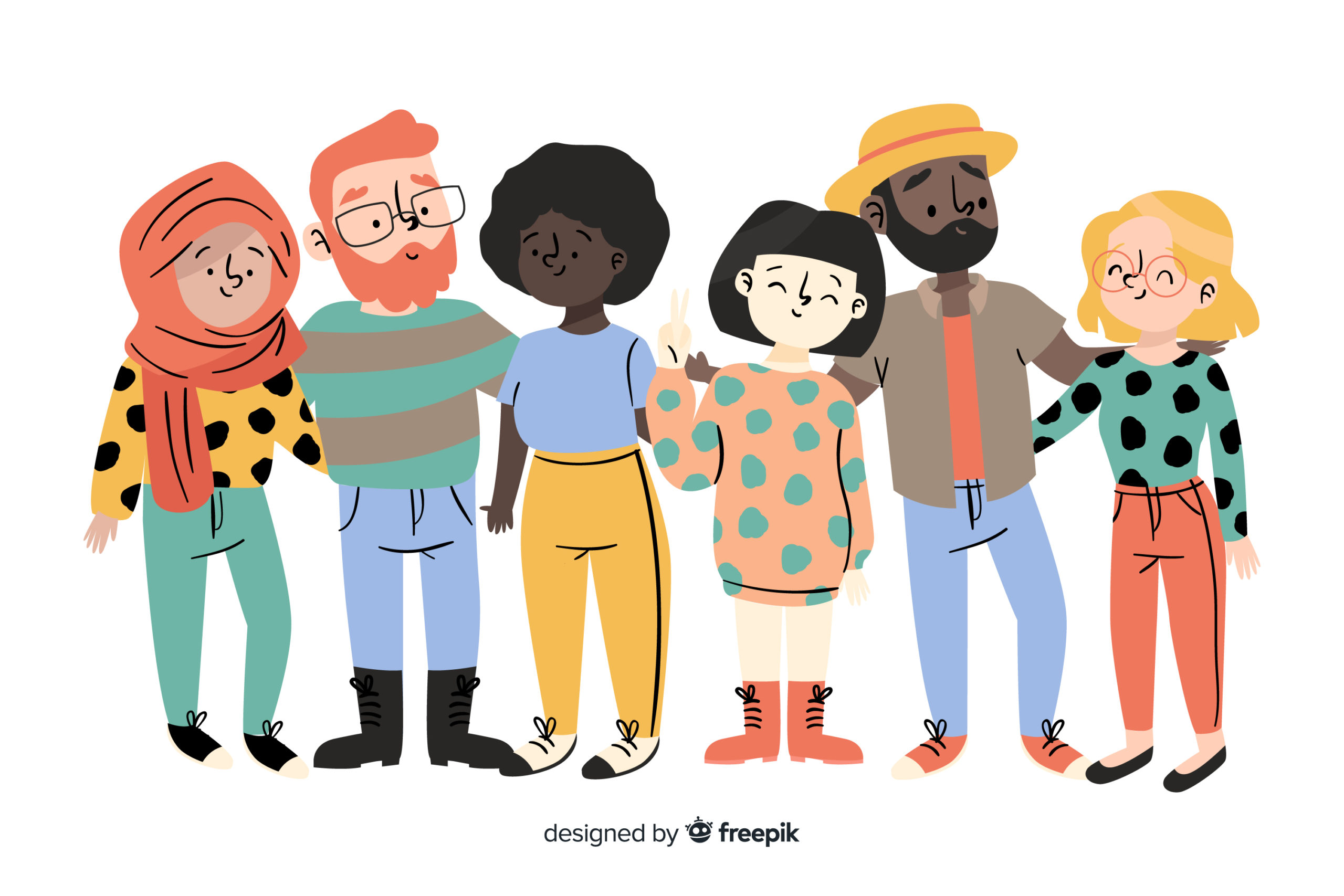His most recent publication, an article in the journal Current Research in Ecological and Social Psychology, addressed this issue again when interpreting whether the COVID-19 pandemic would have affected personality aspects in different populations of 16 countries. The research used a questionnaire adapted to the different languages and cultures of the study. Even adapted, a lot of variability was observed in the quality of the data, in addition to variations in the personality pictures.
According to the researcher, not having a comparable quality between the answers does not reflect a poor quality of the research. In fact, the questionnaire used is widely applied in several other population surveys. Not finding the expected result this time opened the door to reassessing the methodology of this type of study. “It is not a problem in the translation of the questionnaire that causes the answers to have different qualities. There are socioeconomic and demographic factors that influence the quality of responses, and in the second part of the article we seek to understand what these factors are”, he explains.
The study used complex statistical analysis – such as the Bayesian method, considered the gold standard in this type of research – to understand by which characteristics we should limit a population niche in a personality survey, given that the division by countries did not bring comparable quality data.
The discovery was that life expectancy was a factor that grouped similar quality results among similar populations, while the other aspect highlighted for these divisions was the economic complexity of the society where the test is performed. “In populations where you find a greater diversity of lifestyles, professions, etc., it is noted that personalities generally have a greater variety of traits, and this is also reflected in the way people respond to questionnaires. The economic complexity of a society says more about the quality of responses than the individual economic conditions of the people who live in it. Other surveys in the past have focused more on income and macroeconomic factors like GDP. This observation that economic complexity had this effect is very interesting and confirms recent antrhropology theories”, summarizes Fischer, emphasizing that it’s ideal that each questionnaire is tuned specifically for the analyzed niche, as opposed to the application of the same questionnaire for different populations.
But the methodology of personality studies is not the main focus of the research group led by the scientist. Dr. Ronald Fischer conducted different studies to understand the relation between culture and personality, and their mutual interference. In one of his publications, he analyzed the narrative of Gilgamesh, a Mesopotamian epic that represents one of the first works of human literature, and the way it was described over millennia. The analysis revealed that the narrative and the characters acquired more complexity over the years, mirroring personality models closer to the personalities of the people of each era.
But why study personality?
In Psychology, Fischer’s graduation area, this question is essential to improve the understanding of the so-called personality disorders, offering more effective diagnoses and treatments, but the researcher is not limited to clinical interest. “Studying personality is studying evolution, understanding where we came from. The human mind is very flexible, but it is not limitless”, comments the researcher.
His interest in different cultures and personalities has accompanied the scientist since the beginning of his professional life. Growing up in the German Democratic Republic under the socialist dictatorship, the lack of freedom to leave the country kept him away from cultural diversity until the fall of the Berlin Wall and subsequent dissolution of the so-called East Germany, in 1990. The researcher took advantage of the historic opportunity to apply to a master’s degree in England. “At the time there was no internet, and things were not easily accessible. I had to borrow books from the local library to write my project and apply for a scholarship. They arrived after a few months and they were all in English. It was difficult because I still didn’t speak it at the time”, he retells the story.
After his master’s and doctorate in the UK, Fischer went to teach social psychology and organizational psychology in New Zealand, at the Victoria University of Wellington, where he continues to be associated as a researcher to this day.
His story with IDOR begins about nine years ago, when he comes to Brazil to participate in an evolutionist congress and shares his research interests with two IDOR neuroscientists at the meeting. They then introduce him to Dr. Jorge Moll Neto, founder of the Institute and a neuroscientist with a great interest in the evolution of the human mind. “He asked me to show my research. I came back the other day with a powerpoint and we spent the whole afternoon talking about it. And I’ve been here ever since”, shares the researcher, adding that a lot is yet to come in his collaboration with IDOR.
In his most recent project, Fischer leads an online self-knowledge platform through IDOR. Launched recently, it has online personality tests, free and open to the population. The idea is to provide people with the opportunity for self-knowledge, as this allows for greater control of situations such as stress and anxiety, in addition to collecting data for carrying out population surveys. The questionnaires went through numerous tests and were made especially for the public in Brazil, offering personalized results for each of the participants. The platform is yet another initiative that integrates IDOR’s support and research in mental health, and is preceded by the IDOR Mental Health Portal, which was created during the peak of the COVID-19 pandemic and still offers regular content and activities to control symptoms of anxiety and depression, in addition to being presented by health professionals.
Be sure to check out the platform’s questionnaires to expand your knowledge about yourself and use these resources to increase your well-being or evolve in abilities such as focus and emotional regulation.
Written by Maria Eduarda Ledo de Abreu.


